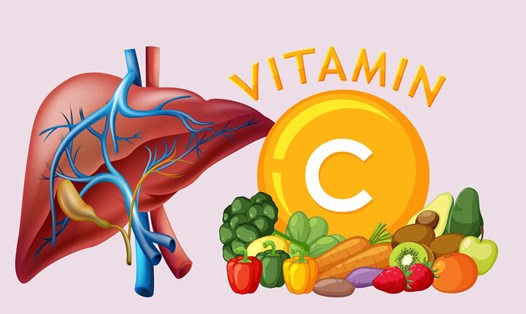Low in calories, rich in antioxidants
unsweetened jujube contains only about 51 calories per half cup, much lower than sugary (83 - 110 calories). According to nutritionist Allison Herries, at the Cleveland Clinical Nutrition Center (USA), opting for sugar-free apple sauce helps limit the absorption of empty calories and keep natural sugar levels moderate.
In addition to being low in calories, apple sauce also provides antioxidants such as flavonoids, carotenoids and phenolic acids, which help neutralize free radicals, the cause of cell damage and premature aging. If processed with the apple peel, apple sauce will retain more nutrients, says Ms. Herries.
However, processing too carefully can significantly reduce the vitamin and mineral content in apple sauce compared to fresh apples.
Supports digestion, good for the heart
People who regularly eat apple sauce tend to absorb more fiber, potassium and magnesium. These are three important components that help the digestive system work stably, regulate blood pressure and support muscle function.
According to nutritionist Angelica Bottaro: The soluble fiber in apple sauce helps nourish beneficial gut bacteria, while insoluble fiber helps prevent constipation.
However, the mineral content in this dish is not enough to replace whole fruit. Experts recommend using apple sauce as a supplementary snack, not a major source of nutrition.
Choose the right way to take advantage of the benefits
When choosing to buy, consumers need to prioritize types without added sugar, without artificial flavorings. Overusing sugary industrial apple sauce can increase the risk of obesity and type 2 diabetes.
A nutritional study published at Harvard University shows that people who use apple sauce as a snack tend to choose healthier foods throughout the day, contributing to maintaining better weight and cardiovascular health.






